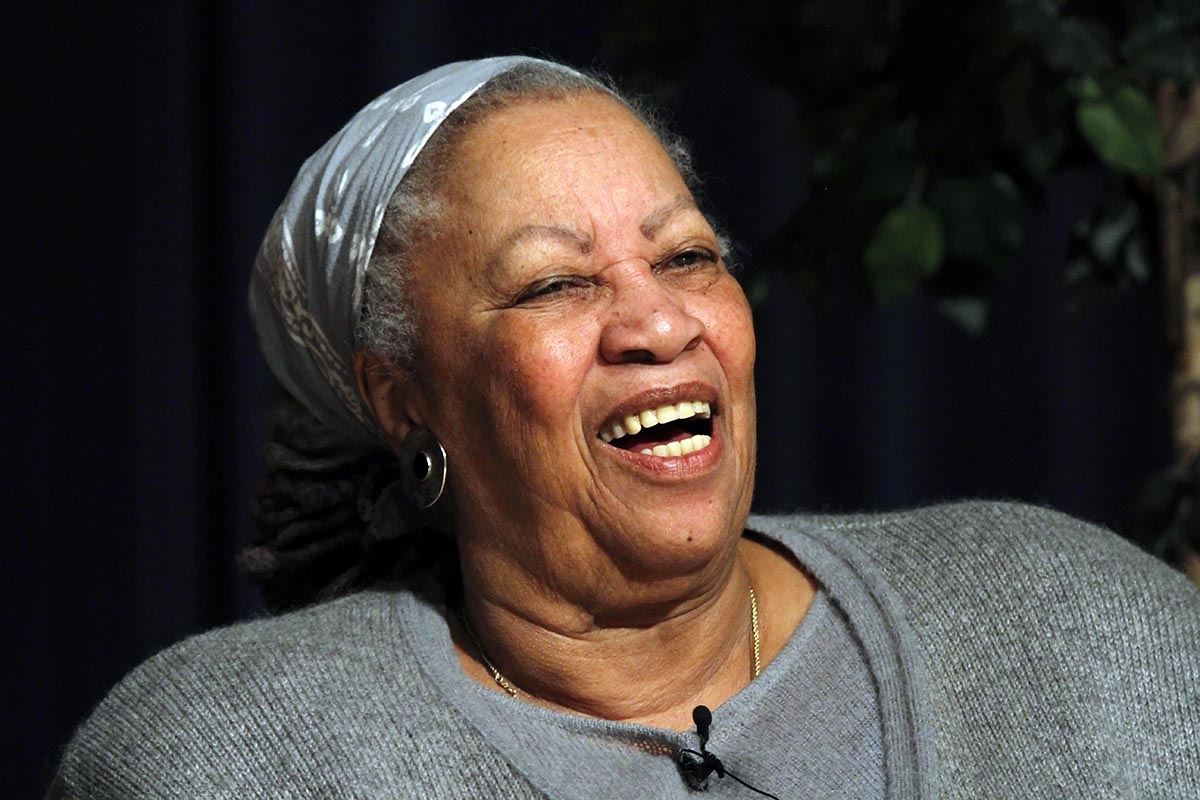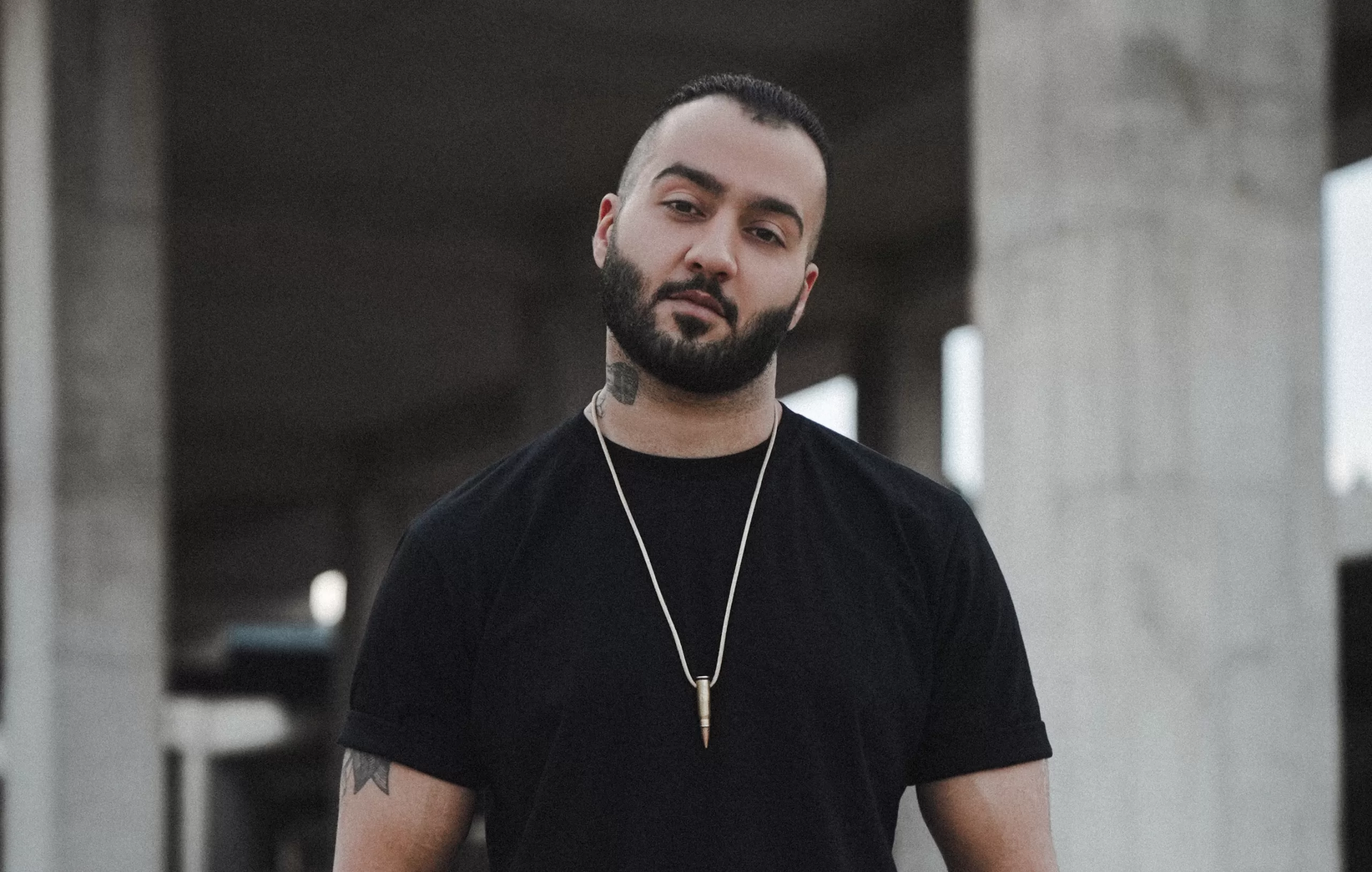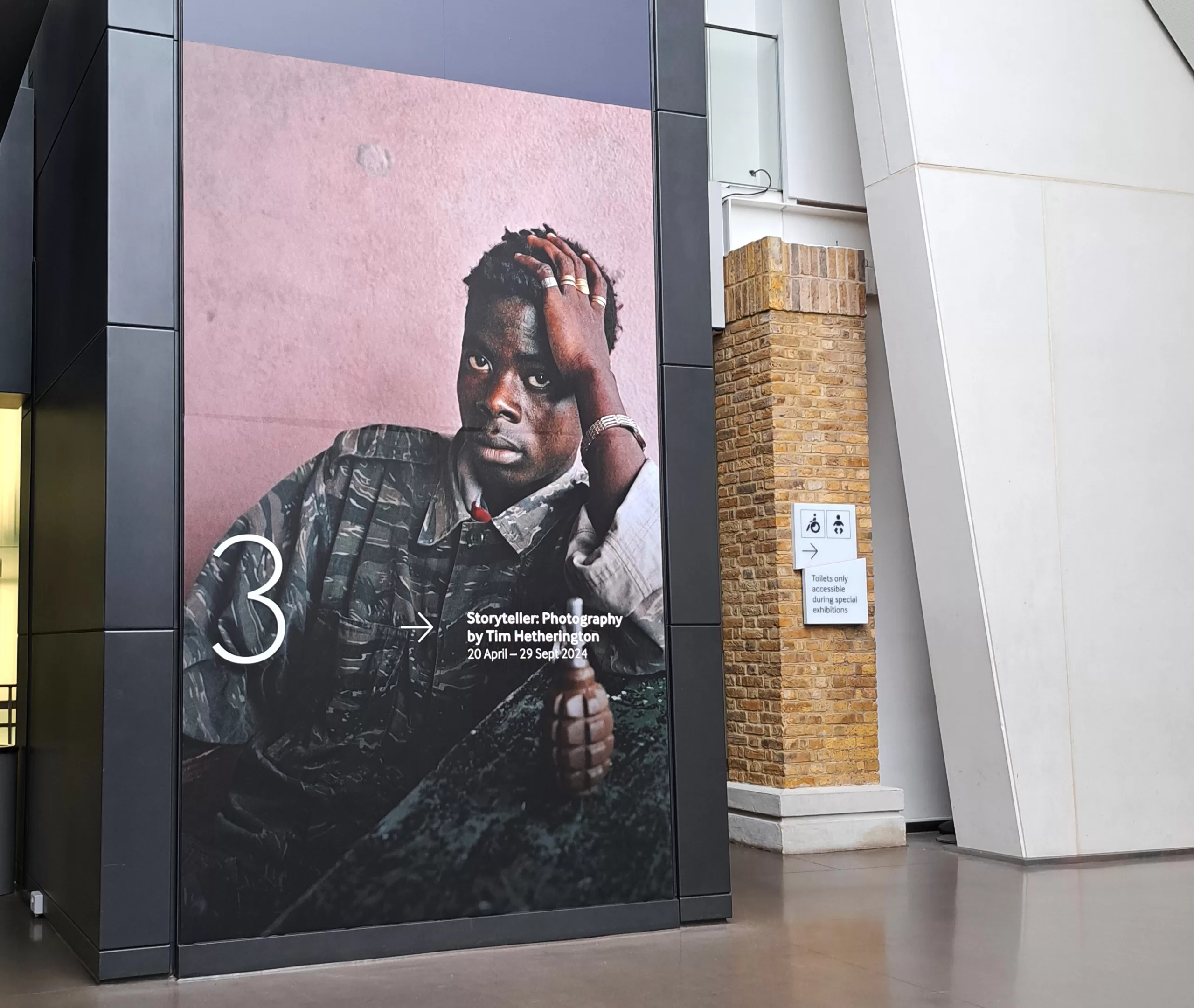[vc_row][vc_column][vc_single_image image=”108512″ img_size=”full”][vc_column_text]”[I] contemplate with dread the erasure of other voices, of unwritten novels, poems whispered or swallowed for fear of being overheard by the wrong people… that thought is a nightmare. As though a whole universe is being described in invisible ink,” Toni Morrison wrote of the prospect of censorship.
Morrison — a revered author, critic, professor, and editor of literature focussed on the African-American experience — died on the evening of 6 August, due to complications from pneumonia. She was 88.
Morrison was no stranger to the insidious effects of censorship. Long a vocal advocate against censorship, she once argued that “The same sensibilities that informed those people to make it a criminal act for black people to read are the ancestors of the same people who are making it a criminal act for their own children to read.” A favorite of many high school teachers and college professors, Morrison’s books are frequently challenged or banned for graphic violence, rape, overt sexuality, and horrific racism. As recently as 2017, Fairfax County in Virginia drafted legislation that would prohibit the teaching of books with sexual themes in public schools, legislation that was spurred by the decision to include Morrison’s Beloved in a high school curriculum (the bill is popularly known as the “Beloved Bill”). Beloved, published in 1987, is Morrison’s best-known work, which earned her the Pulitzer Prize in Fiction.
Morrison often invoked her upbringing in advocating against censorship, speaking about how early exposure to a diversity of literary narratives inspired her to speak out. “If you can read, they can’t cheat you; if you can’t read, they can defeat you,” she said. Morrison was born Chloe Wofford in Lorain, Ohio in 1931. Her father, George Wofford, was born and raised in Georgia, before moving north to the racially integrated suburb of Lorain after witnessing the lynching of two black businessmen in his hometown. She frequently spoke about the love of books that her family instilled in her from an early age, immersing her in traditional African folktales and encouraging her to read Leo Tolstoy and Jane Austen.
After graduating high school, she went on to earn a BA in English from the historically black Howard University, and a master’s of arts from Cornell University. She taught at Texas Southern University for two years, then returned to Howard. She taught at Howard for seven years, where she met Harold Morrison, who she eventually married and with whom she had two children, Ford and Slade. She and Harold divorced in 1964.
While raising two young children, she left Howard for a job as an editor at Random House Publishers. While at Random House, she worked to promote narratives of the black experience in America, a literary genre she saw as woefully underdeveloped in the predominantly white publishing world — she was the first black woman to hold the position of senior editor at Random House. She helped to give a generation of black writers a platform.
While at Howard, she had begun work on The Bluest Eye, which was published in 1970 to critical acclaim despite initially low sales. The Bluest Eye was followed by Sula (1973), Song of Solomon (1977), Tar Baby (1981), and Beloved, all of which brought her national renown, and several nominations for prestigious book awards. She continued publishing novels, eleven in total, for the rest of her life — her last novel, God Help the Child, was published in 2015. In addition to novels, Morrison wrote several short stories, two plays, the libretto to an opera performed by the New York City Opera, and several children’s books (some of which were co-written with her late son, Slade, who died of pancreatic cancer at 45). In addition to Howard University and Texas Southern University, she taught at the State University of New York, Rutgers University, Bard College, Cornell University, and finally Princeton University, to which she donated her papers.
Morrison once spoke about efforts to ban Song of Solomon in prisons, out of fear that her writing might incite the incarcerated to riot. Paraphrasing Morrison in an article for the National Coalition on Censorship, Marilyn Dahl wrote that a problem with a recording device caused some confusion over the word “riot” — the motivation for the ban may have instead been the fear that her work would incite prisoners to “write.” “But ‘riot’ or ‘write,’” Dahl mused, “which would ultimately be the most dangerous?”
To give voice to the powerless was Morrison’s lifelong mission, a mission she fulfilled by telling stories about the experience of the powerless in America. To deny prisoners access to stories that speak to their experiences — America’s prison population is disproportionately men of color — is to achieve the aim of censorship many times over: it not only restricts access to ideas, but also restricts the ability of the powerless to develop their own, and to be heard.[/vc_column_text][/vc_column][/vc_row][vc_row][vc_column][vc_custom_heading text=”Banned Books Week / 22-28 Sept 2019″ use_theme_fonts=”yes” link=”url:https%3A%2F%2Fwww.bannedbooksweek.org.uk%2F|||”][vc_row_inner][vc_column_inner width=”1/4″][vc_single_image image=”103109″ img_size=”full” onclick=”custom_link” link=”https://www.bannedbooksweek.org.uk/”][/vc_column_inner][vc_column_inner width=”3/4″][vc_column_text]
Banned Books Week UK is a nationwide campaign for radical readers and rebellious readers of all ages celebrate the freedom to read. Between 22 – 28 September 2019, bookshops, libraries, schools, literary festivals and publishers will be hosting events and making noise about some of the most sordid, subversive, sensational and taboo-busting books around.
[/vc_column_text][/vc_column_inner][/vc_row_inner][/vc_column][/vc_row]





